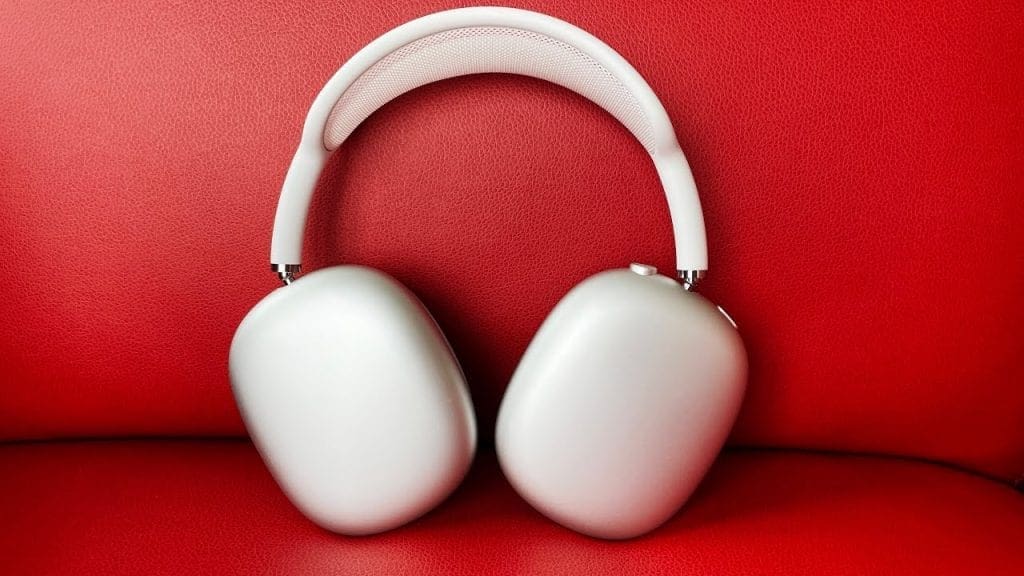TikTok has revealed plans to enforce a ban on beauty filters for users under 18 as part of its compliance with new legislation in the UK and EU. This prohibition will extend globally …
Unrealistic images harm self-esteem
Research indicates that social media users frequently fail to recognize that they are comparing their natural appearance with heavily altered images. Those who utilize beauty filters may end up feeling their actual appearance is less appealing.
According to Dr. Jasmine Fardouly, a body image specialist at the University of New South Wales, her study from last year suggests that exposure to unrealistic beauty standards can profoundly impact young individuals in negative ways.
“It fosters a beauty ideal that’s unachievable,” she states. “It’s unattainable for anyone, since no one truly looks like that. Everyone’s features are being modified to appear uniform.”
“The difficulty in recognizing a filter may exacerbate the promotion of these ideals.”
TikTok’s ban on beauty filters
The Guardian reports that TikTok will implement a ban on beauty filters for users aged 13 to 17.
In the upcoming weeks, users under 18 will be restricted from artificially enlarging their eyes, enhancing their lips, and altering their skin tone.
This will include filters like “Bold Glamour” that modify children’s features in ways that makeup cannot achieve. The billion-user platform announced these updates during a safety forum at its European headquarters in Dublin.
TikTok is also committing to stricter measures against underage users accessing the app.
By the year’s end, TikTok plans to initiate trials of new automated systems utilizing machine learning to identify users bypassing age restrictions.
Chloe Setter, TikTok’s head of child safety public policy, remarked: “We aim to enhance our capability to detect and swiftly remove such users.”
Theoretically, users under the age of 13 have always been prohibited from utilizing the app, yet the platform has been criticized for not effectively addressing age misrepresentation.
According to one child protection organization, such legislative measures are crucial in prompting these modifications.
Andy Burrows, CEO of the Molly Rose Foundation, dedicated to suicide prevention efforts, stated: “It’s evident that these changes are largely being introduced to align with EU and UK regulations, reinforcing the argument for stronger regulatory measures, rather than weaker ones.”
Photo by Atikh Bana on Unsplash
: We utilize auto affiliate links that generate income. More.




